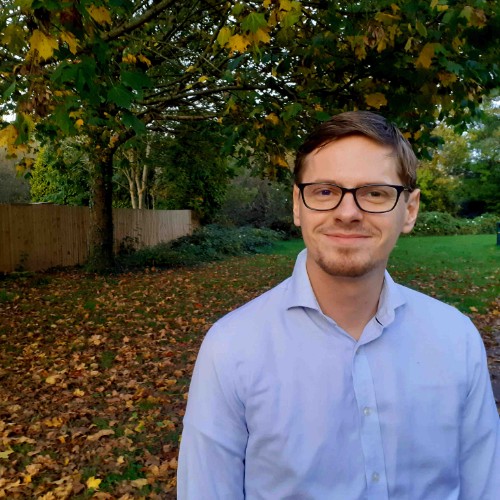A FALL in the number of applications for places in university from people in Wales risks compounding problems recruiting doctors, dentists and midwives, an MS warned.
Heledd Fychan, Plaid Cymru’s shadow education minister, said latest data from UCAS shows Wales has the lowest application rate of any country in the UK.
She warned: “Not only that, the data also shows a reduction in the number of applicants for places on courses where we desperately need more people with those skills.”
She raised concerns about a 7% fall in medicine and dentistry and a 12% slide for midwifery courses, which equates to 400 applications compared with 750 in 2021.
Ms Fychan, who represents South Wales Central, encouraged Welsh ministers to do more to attract more students on courses that are essential in terms of filling skill gaps.
Jeremy Miles said he met UCAS on February 20, with discussions centred on ensuring access to higher education is equal for all.
The education minister told the chamber Wales has the most generous financial support of any part of the UK in terms of the cost of living for students.
“We know that makes the biggest difference to the decision as to whether you will study in university or not,” he said during education questions on February 21.
Mr Miles pointed to the Seren programme, an initiative which aims to ensure Wales’ most able state-educated learners achieve their full academic potential at leading universities.
The would-be first minister said the Welsh Government has sustained the NHS bursary, adding that there is a similar picture across the UK in terms of health care recruitment.
Ms Fychan said UCAS data also shows that the number of women applying to university fell by 4% – twice the drop in the number of men applying.
The Plaid Cymru politician raised concerns about a fall in the number of applicants who have caring responsibilities, pointing out that some universities do not offer a crèche.
She said: “There are significant gender gaps across some key STEM subjects, where women are often already underrepresented, such as the veterinary sciences, mathematical sciences and biological and sports sciences.
“However, in the Welsh Government’s draft budget, we’ve seen the funding that encourages students to study these subjects being cut, particularly in terms of postgraduate studies.”
Mr Miles said postgraduate loans rather than grants are being made available to students to safeguard access to initial degrees and ensure investment in Wales’ schools.
He stressed that ministers had to make a choice, adding that the evidence points towards investing as early as possible so the early years and schools have been prioritised.
He said: “No minister wants to make that decision but certainly, within the range of decisions available to us, that is the most progressive way we could invest the money available.”
Sian Gwenllian, the Plaid Cymru MS for Arfon, urged ministers to establish a dental school in north Wales following in the mould of the new medical school at Bangor University.
The Conservatives’ Sam Rowlands and Lib Dems’ Jane Dodds both echoed the call.
Mr Miles said he could see the benefits of a new dental school in Wales but could not give any commitment in terms of the timing or location.



















